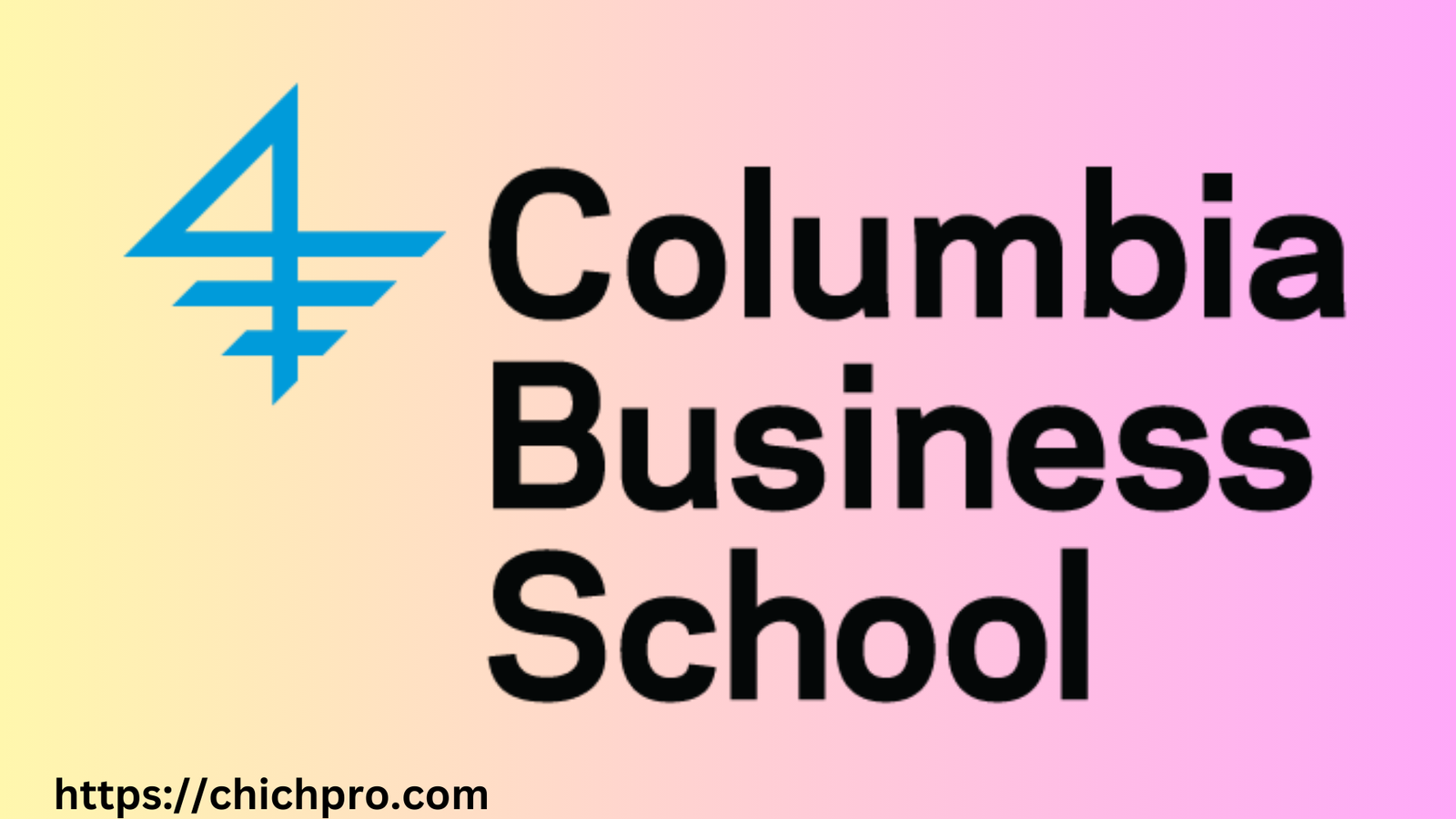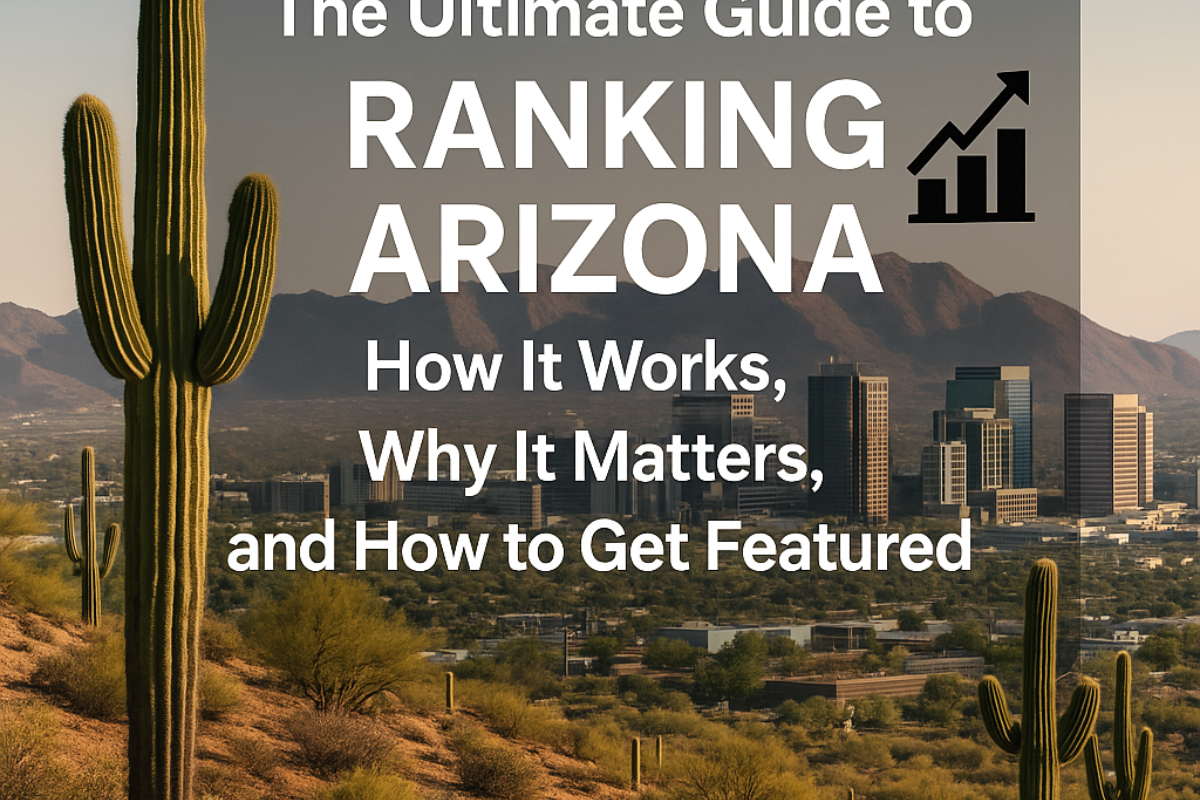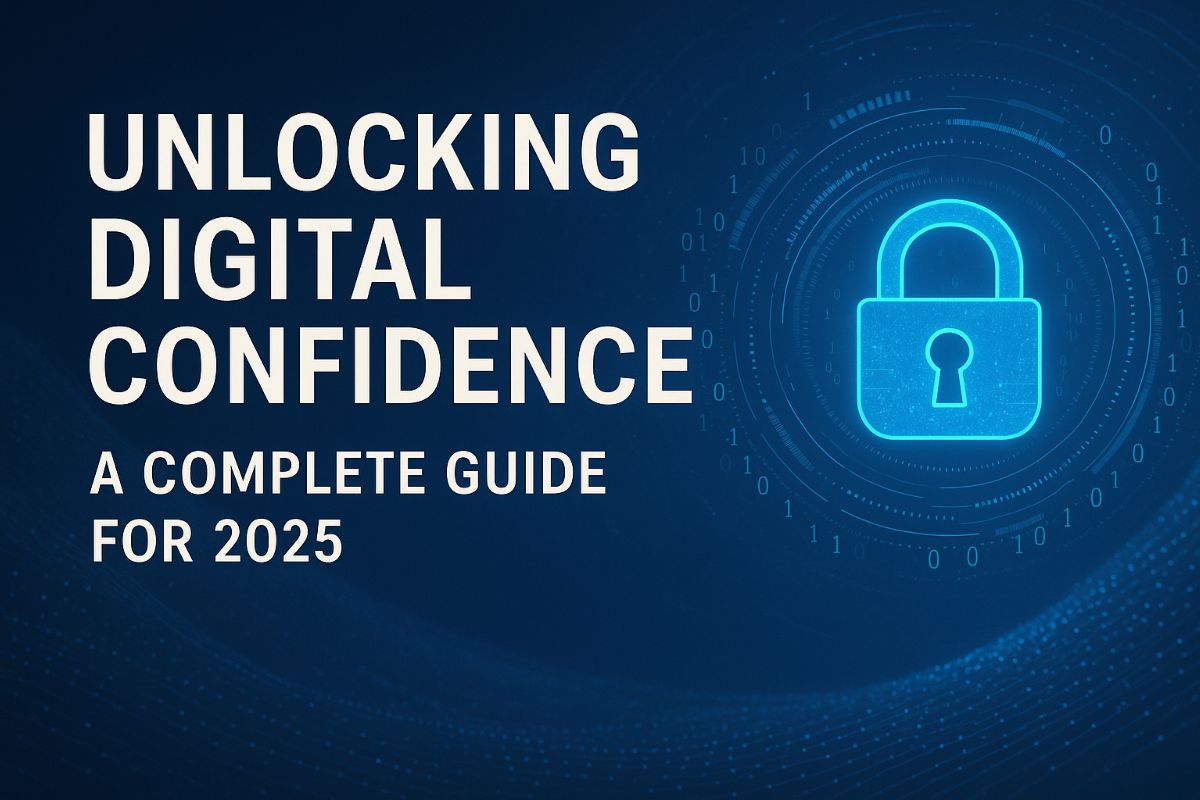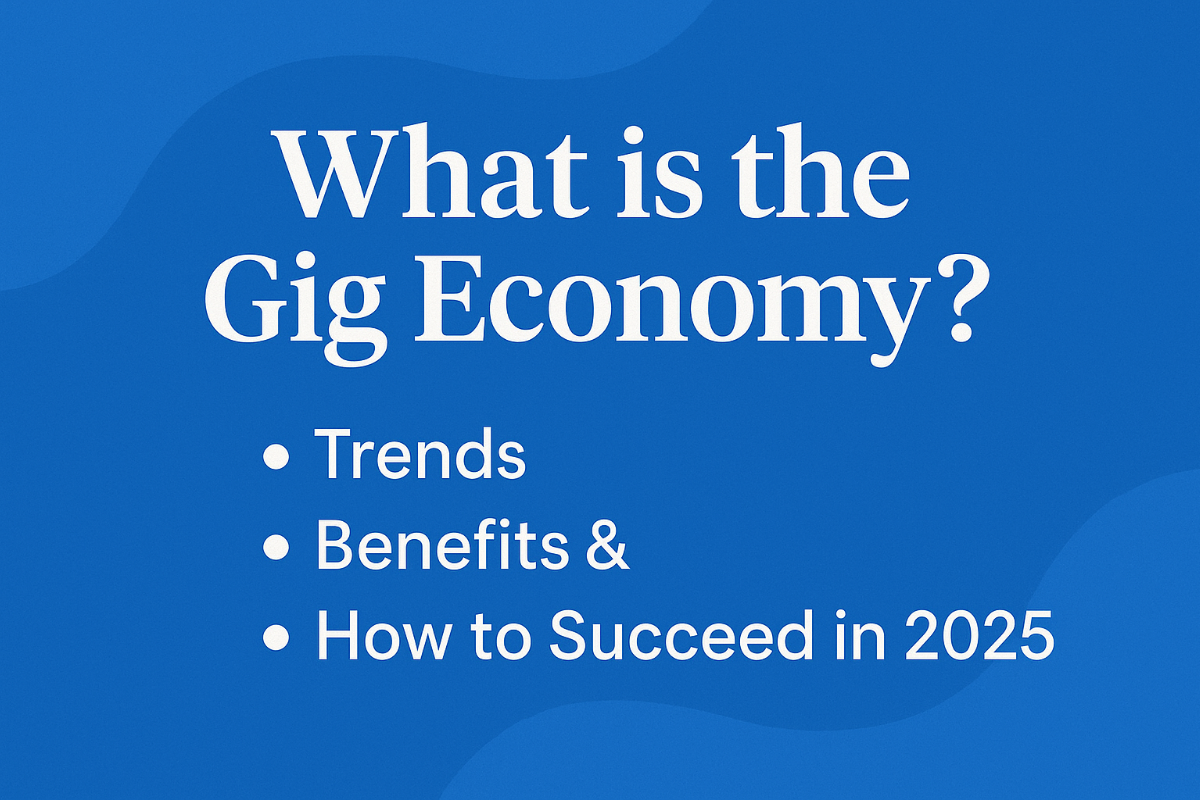overview
One of the most prominent business schools in the world is Columbia Business School (CBS), which a division of Columbia University in New York City. CBS is well-known among potential students, teachers, and business executives for its demanding academic programs, extensive alumni network, and global reach. The history, curricula, admissions standards, employment prospects, and other aspects of Columbia Business School examined in this article.
- Overview of Columbia Business School
Because of its tight ties to the business community, lively learning environment, and rigorous academic program, Columbia Business School highly regarded. With its location in New York City, CBS enjoys the advantages of being close to Wall Street, international financial institutions, significant media corporations, and cutting-edge startups. Students get unmatched access to business executives, professional experiences, and hands-on learning opportunities at this location.
- CBS’s Legacy and History
Since its founding in 1916, Columbia Business School has been regarded as a leading provider of business education. Since its founding with only 11 students, CBS has expanded into a sizable, multicultural community with alumni, teachers, and students from all over the world. The school has a history of generating significant executives and innovators from a variety of industries, and it has played a significant role in influencing business practices.
- Columbia Business School Academic Programs
A variety of academic programs catered to various career stages and objectives available at Columbia Business School.
MBA Program, Full-Time
Students from a variety of backgrounds enroll in CBS’s two-year full-time MBA program. Students can acquire specialized expertise in areas like finance, marketing, and entrepreneurship by combining basic business courses with elective programs.
Programs for Executive MBAs (EMBAs)
For working individuals who wish to further their careers without taking a break from their jobs, CBS provides a number of EMBA programs. These programs, which offered in collaboration with London Business School, include the EMBA-Americas and EMBA-Global.
Programs for Dual Degrees
Dual degrees offered through partnerships between Columbia Business School and other Columbia University colleges and institutions around the world. Through these programs, students can expand their knowledge and professional opportunities by earning an MBA in addition to degrees in public health, engineering, law, or international affairs.
Leadership Training
CBS provides executive education courses in addition to degree programs for senior professionals looking to expand their knowledge in particular fields, such as strategic management or leadership.
- The Distinct Curriculum at Columbia Business School
In addition to offering a comprehensive business education, CBS’s curriculum allows for flexibility through electives and hands-on learning.
The Core Curriculum
Students given a solid foundation in finance, marketing, accounting, operations, and strategy through the core curriculum. The core curriculum completed by all first-year MBA students in designated “clusters” of 65–70 students, creating a tight-knit group right away.
Specializations and electives
With more than 200 elective courses available in a variety of subjects, CBS enables students to customize their MBA experience. To match their job goals, students can select specializations in fields including healthcare, social entrepreneurship, real estate, or finance.
Block Week and Programs for Global Immersion
Block Week and Global Immersion programs at Columbia provide special chances for hands-on learning. While Global Immersions are study visits to different parts of the world that give students direct knowledge of international business, Block Week consists of intensive, one-week seminars on particular subjects.
- The Application and Admissions Process
The Columbia Business School has a very tough admissions process that considers a number of factors, such as work experience, leadership potential, academic records, and interpersonal abilities.
The following must submitted by applicants:
An online application
Official transcripts
Scores from the GMAT, GRE, or Executive Assessment (for EMBA)
Essays for a resume
Two letters of recommendation
An application cost that is not refundable
Applying early can increase an applicant’s prospects because CBS uses rolling admissions. An essential component of the admissions process, interviews only held upon invitation.
- CBS Student Life
There are a lot of clubs, activities, and networking opportunities at Columbia Business School. There are more than 100 student-run groups that offer opportunities for both professional and personal development in fields such social business, technology, consulting, and finance.
Notably, CBS’s New York City location provides access to a wealth of professional, recreational, and cultural opportunities. Students frequently engage with alumni working in a variety of professions, attend presentations by business executives, and take part in case competitions.
- Networking and Career Possibilities
The outstanding career services and networking possibilities offered by CBS are among the strongest arguments for enrolling. The Career Management Center (CMC) offers advice on job placement, interview techniques, résumé construction, and career planning. In order to provide businesses with direct access, CBS also hosts industry-focused job tours, company presentations, and recruitment events on campus.
With more than 47,000 graduates worldwide, Columbia’s alumni network is yet another priceless resource. In fields like banking, consulting, technology, media, and entrepreneurship, graduates frequently discover that CBS’s solid reputation opens opportunities.
- Notable Alumni
Influential people, such as CEOs, business owners, public officials, and social impact pioneers, are among the graduates of Columbia Business School. Among the notable alumni are:
Kohlberg Kravis Roberts & Co. co-founded by Henry Kravis.
Former Citigroup CEO Vikram Pandit
Former U.S. Secretary of the Treasury Henry Paulson
Sallie Krawcheck, Ellevest’s CEO and co-founder
Berkshire Hathaway’s CEO is Warren Buffett.
These graduates are prime examples of the leadership and creativity that CBS fosters in its students, having made noteworthy contributions to their respective fields.
- In conclusion
Attracting bright students from all over the world who want to lead their industries, Columbia Business School is a shining example of quality in business education. Its demanding curriculum, top-notch professors, and advantageous location in New York City offer a life-changing experience that gives graduates the abilities, know-how, and connections necessary for success.
CBS is a top choice for individuals seeking a top-notch MBA experience since it provides avenues for reaching one’s professional goals, whether those aspirations are in technology, social entrepreneurship, consulting, or finance.
FAQs
What is the reputation of Columbia Business School?
The finance program at Columbia corporate School is well-known, as are its close ties to Wall Street, cutting-edge curriculum, and access to world-class corporate executives. Additionally, it places a strong emphasis on entrepreneurship and offers a wealth of networking possibilities in NYC.
Q2: What is Columbia Business School’s average GMAT score?
For Columbia’s full-time MBA program, the average GMAT score is approximately 730. Even if an applicant’s GMAT score marginally below average, they may still taken into consideration if they have a lot of professional experience and have accomplished remarkable things.
Q3: Are scholarships available at Columbia Business School?
Yes, both merit-based and need-based scholarships are available from CBS. Merit-based scholarships awarded automatically, but need-based funding necessitates more financial data.
Q4: Does Columbia Business School accept applications from overseas students?
Of course. International students make up a sizable portion of CBS’s extremely diversified student body. Through tools like career services designed for international job searches and visa assistance, the school assists applicants from other countries.
Q5: What kinds of jobs are available to graduates of Columbia Business School?
Careers in journalism, technology, consulting, and finance are typical for CBS graduates. Many go on to start their own businesses or work in sectors including social enterprise, real estate, and healthcare. The Career Management Center at the institution provides a wealth of assistance to help students reach their professional objectives.
Q6: How do Columbia’s Full-Time MBA and EMBA programs differ from one another?
The EMBA intended for working individuals who wish to obtain an MBA without taking a career sabbatical, whereas the full-time MBA is a two-year immersive program. To accommodate working students, the EMBA offers flexible timetables, such as weekend and block formats.
Q7: Is work experience a prerequisite for Columbia Business School?
Although it is not technically necessary, work experience highly encouraged. The typical student has worked for three to five years. Candidates’ leadership potential and professional accomplishments valued by the admissions committee.
Q8: What is the procedure for Columbia’s rolling admissions?
Instead of waiting for a single deadline, CBS evaluates applications as they are submitted when it uses rolling admissions. Because there are more spaces available in the program, applicants who submit early typically have a stronger chance of being accepted.
Columbia Business School is a top option for aspirational people hoping to leave their mark since it keeps up with the times by modifying its programs and curriculum to fit the ever-evolving global business environment.





